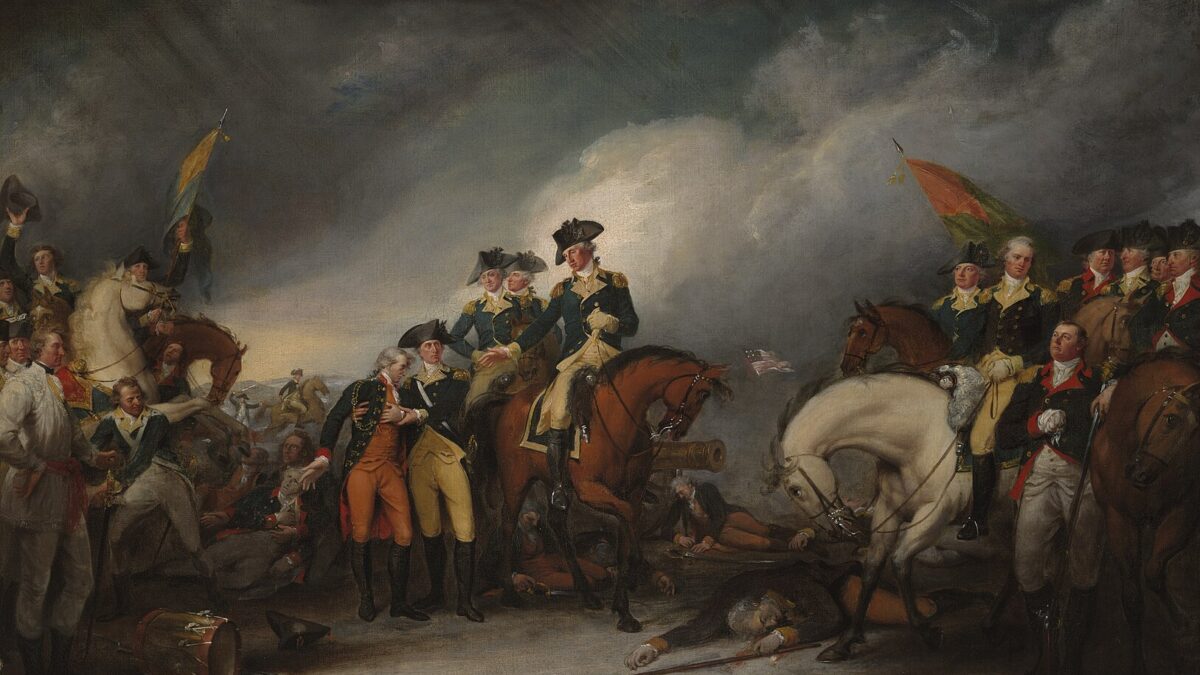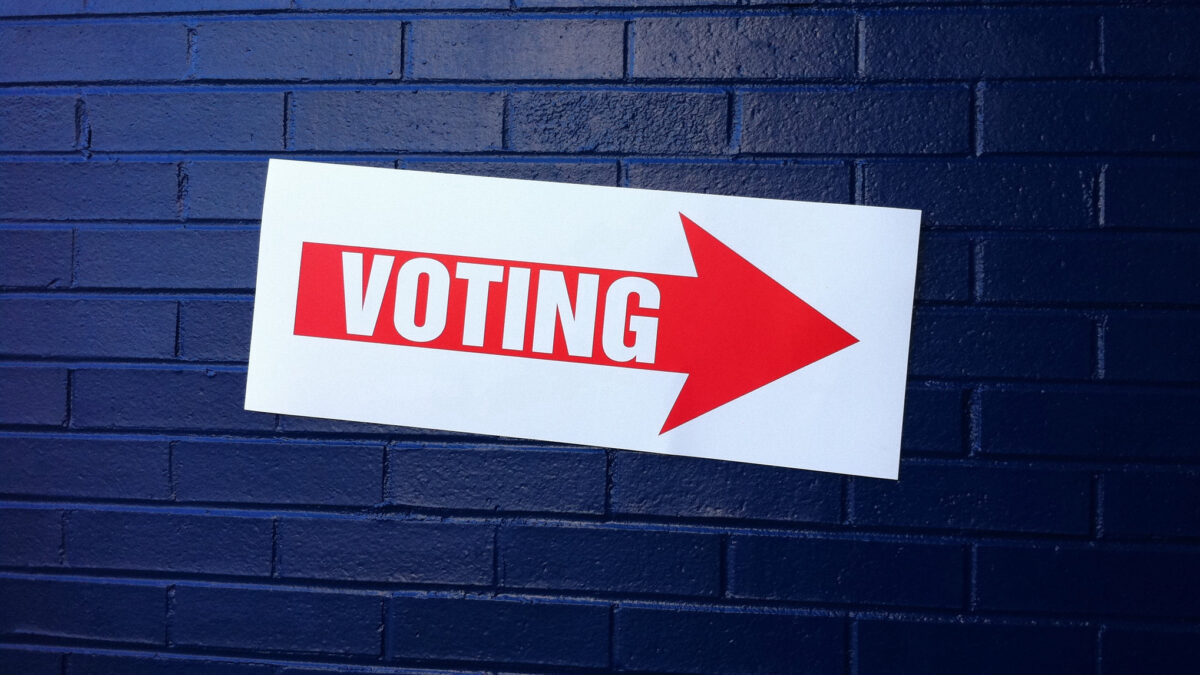The late conservative cultural critic Roger Scruton once remarked, “Not everything Marx said was wrong.”
Such a statement from Sir Roger, a man who dedicated his life to combatting Marxism — both in its totalitarian Soviet form and in its “softer” cultural form in the West — may seem strange. However, it is precisely because Scruton was a Cold Warrior who engaged in a tete-a-tete with the earlier generations of Old Left and New Left intellectuals that the conservative gadfly could make such a statement.
Scruton’s puckish comment seems to belie an inconvenient truth: Marxism as a philosophy is (deadly) wrong, but throughout the twentieth century, many well-meaning and intelligent people embraced some form of Marxism out of altruistic motives, hoping to improve the lot of the poor and working class around the world.
As shocking as it may seem, there was a time when the left cared about the working class of their own countries. There also once was a time (as recent as the anti-WTO protests of the ’00s) in which the left opposed globalism, which they saw as a tool for eradicating cultures across the world and creating an environment in which wages could be driven down by immigration and global corporate expansion. There was further a time in which the left argued for free speech and open intellectual inquiry as well as high intellectual standards in K-12, college, and university education.
In the era of “woke capitalism” and “millennial leftism,” however, these sentiments have been eclipsed by a radical egalitarianism and anti-intellectualism that is focused on racial and gender issues as opposed to economic ones. Indeed, it has been argued that the left is now as divided as the right between older liberals who advocate for some democratic socialism within a color-blind and diverse society, and those on the left who advocate for tearing down the West and creating a neo-feudal, oligarchical tyranny. The older generation of liberals is (usually) grayer and wiser than the new generation of woke millennials.
In his recent work, America before 1787: The Unraveling of a Colonial Regime, Columbia University social science professor Jon Elster, a self-described (old school) Marxist, provides a look into the causes of the American Revolution, a revolution, in Elster’s view, that helped frame the vision of Americans a scrappy “colonials.” America before 1787 is the second of a proposed three-volume work by Elster, detailing the American and French Revolutions and the eventual creation of the American and French constitutions.
America before 1787 is, in many ways, the well-crafted effort of a seasoned social scientist who has engaged in a lifetime of research and work. The work simultaneously explores the history of the first American colonies. As such it is both a look into the past as well as a reminder that many of the problems with which Americans have struggled in the 21st century are by no means new.
Elster sees the French and Indian War (1756-1763) as a catalyst for American independence. After the war, British policy in America became increasingly harsh. Moreover, the French — smarting from their loss — were motivated to help the Americans fight and ultimately defeat the British. The French and Indian War also gave the British the false impression that Americans were incompetent mercenaries.
One of the most interesting elements of America before 1787 is Elster’s depiction of the social dynamics of the Americans and British leading up to the war, especially how the British saw the Americans. The general view of the Americans by many among the British, especially British military men, was of rebellious and rough-hewed rednecks who needed to be brought back into line. The Americans did not necessarily always give the British cause to think otherwise.
Colonials regularly used rioting and destruction to persuade the British. Elster notes that rioters in Boston destroyed the home of Andrew Oliver, the secretary of the Massachusetts colony, in order to encourage the repeal of the Stamp Act.
Moreover, Elster importantly emphasizes that, while the Founding Fathers are often popularly perceived as representatives of Enlightenment rationalism, they recognized the importance of emotion and irrationality in human behavior. Elster quotes Samuel Adams as writing in April of 1776, “mankind are governed more by their feelings than by reason. Events which excite those feelings will produce wonderful Effects.”
However, Elster does not depict rampaging colonials led by Machiavellian strategists. Americans, like the British, held to a code of honor, which varied colony by colony. The Puritan New Englanders (of course) valued studiousness, humility, and patience, while the Virginians (also, of course) valued physical courage and strength of will.
Elster humorously (and accurately) links the familial code of honor in Appalachia with that of Southern Italy. This exploration of the character of colonial America and its implicit continuity to the present day is another fascinating quality of America before 1787. The British themselves, especially British officers, were also animated by a formal military honor in their attempt to stop the Revolution.
Another key element within America before 1787 is Elster’s emphasis on the legitimacy of many Americans’ grievances. A dismissive left-wing expression goes something like “The American Revolution was just a bunch of white men who didn’t want to pay taxes.” However, Elster provides ample evidence of British mistreatment of Americans before and during the Revolution — without, thankfully, falling into the all too common Anglophobia of some scholars as well as purveyors of pop culture.
Finally, Elster notes the burden of ethnic conflict has weighed on America since its inception. Some American colonists were worried about slaves collaborating with the Indians or the Irish in an uprising.
Moreover, as is oft forgotten in the area inundated with depictions of the Plains Indians Wars, the frontier of America was once on the Eastern Seaboard, and the progress of the United States across the North American continent was marked by a grueling combat against fierce warrior peoples who (unlike Westerners today) fought to preserve their way of life and lands.
To argue that old-school Marxists are saner than the contemporary millennial left is not to argue in support of Marxism. Rather, it is noted the general decline of intellectual discourse in the United States, which itself is a sign of broader cultural and civilization decline.
As Elster rightfully notes in America before 1787, the United States was born in an act of rebellion by a rag-tag bunch of “colonials” from their mother country. However, these colonials, after receiving waves of (often themselves rag-tag) immigrants from Europe, were able to build the most prosperous and powerful nation that the world has ever seen. This nation was built by strong and good men and women, and these strong and good men and women are needed now for our country — and not merely once upon a time.









